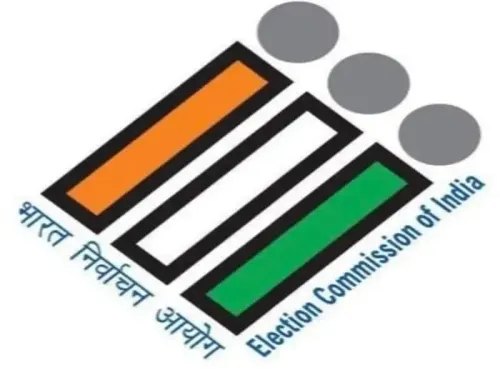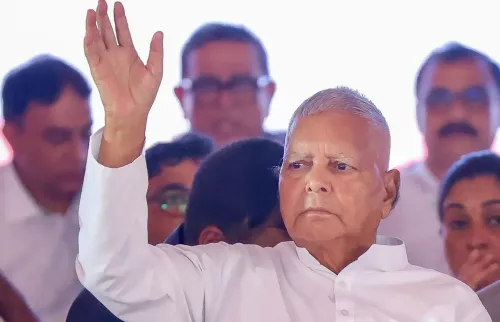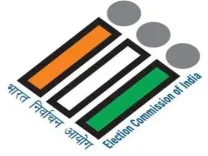Is NCP-SP leader Jitendra Awhad challenging the relevance of Sanatani ideology?

Synopsis
Key Takeaways
- Awhad critiques Sanatani ideology for its ties to caste discrimination.
- The Manusmriti is criticized as a source of inequality.
- Awhad emphasizes the importance of education for women.
- He draws parallels with historical reformers.
- His assertions reflect a growing discourse on Hindu identity.
New Delhi, Aug 3 (NationPress) In a passionate response to the escalating political discourse regarding Sanatan Dharma, senior NCP (SP) leader Jitendra Awhad launched a pointed critique of the ideology, connecting it with caste-driven discrimination and the inequalities embedded in the Manusmriti.
Speaking to IANS from Thane, he emphasized, “I have been vocal about this for 30 years — this struggle isn’t new for me,” while affirming his Hindu identity. “I don’t require validation from anyone to assert my Hinduism. But tell me — how many Hindus in Maharashtra have had to seek permission to construct temples..?”
Awhad made a distinction between Hinduism as a faith and the Sanatani ideology, which he perceives as politically manipulated. “The core of Sanatan is rooted in the Manusmriti, which is replete with inequality,” he stated, referencing the historical injustices faced by social reformers like Dr B.R. Ambedkar and Mahatma Phule.
He condemned the adherence to rigid traditionalism, questioning, “Should daughters remain uneducated? Should we treat them as disposable after use?” Highlighting Ambedkar’s early experiences, Awhad recalled how he was made to sit outside the classroom. “Yet he provided us with the Constitution. His struggle was against the Manusmriti,” he remarked.
In response to Minister Nitesh Rane’s prior comments aimed at him, Awhad stated, “Everyone possesses the right to express themselves — a right conferred by the Constitution, not the Manusmriti. Criticize me if you wish, but I refuse to be muted.”
Referencing historical injustices, he probed: “Was there no inequality in Bharat? Did people not rise against Jyotirao Phule? Did they not attack his wife with cow dung? Was Shivaji Maharaj’s coronation not met with resistance? Who plotted against Shivaji and Sambhaji... They too were Hindus,” he asserted.
He further remarked that individuals uncomfortable with such realities would “evade when confronted with these questions.”










